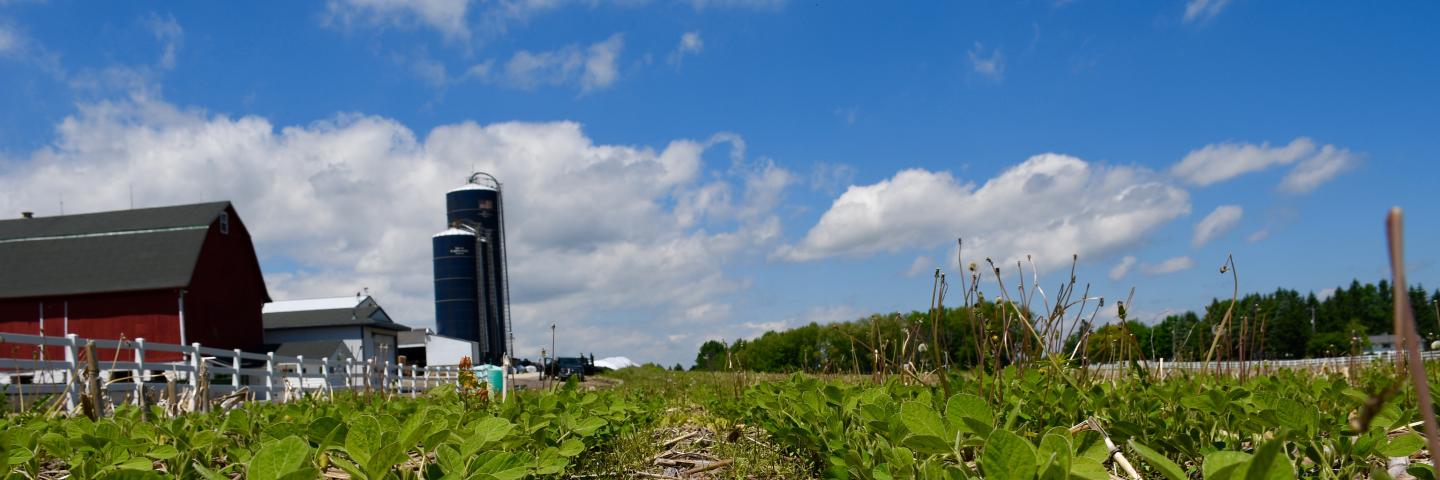
Regional Conservation Partnership Program (RCPP) is a partner-driven program that leverages partner resources to advance innovative projects that enhance water quality and address other critical challenges on agricultural land.
Illinois RCPP Projects:
- Lake Springfield Source Water Protection Project - City, Water, Light and Power (CWLP)
- Precision Conservation Management - Illinois Corn Growers Association
- Southern Illinois Oak Ecosystem Restoration - Shawnee Resource Conservation Development, Inc.
- Lake Decatur Water Quality Initiative - City of Decatur IL
- Improving Oak Ecosystems Health in the Great Lakes Region - American Bird Conservancy (ABC)
- Rend Lake Watershed Conservation Initiative - Jefferson County SWCD
Lake Springfield Source Water Protection Project
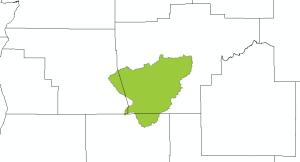
Project Description:
This RCPP project is utilizing land management practices to reduce sediment and nutrient from entering Lake Springfield. Land management practices available to farmers in the watershed are Cover Crop, Nutrient Management, and Residue & Tillage Management (No-till) etc.
Application Deadline:
4/18/2025
NRCS accepts applications for its conservation programs year-round and funding is provided through a competitive process. Apply for RCPP by completing a NRCS-CPA-1200 application.
Project ID:
1993
Project Duration:
5 years (2021-2026)
Applicable Counties:
Portions of Macoupin, Morgan, and Sangamon.
Practice List:
Cost List:
- Payment Schedules website (FY 2025)
- Select cost list name = Illinois RCPP18 1993 2262 2509 2727 2734 2881
Contract Types:
- Land Management
Land Uses:
- Crop
- Pasture
- Associated Agricultural Land
- Farmstead
- Other Rural Land
Resource Concerns:
- Aquatic Habitat
- Concentrated Erosion
- Field Sediment, Nutrient, and Pathogen Loss
- Wind and Water Erosion
Lead Partner:
City, Water, Light and Power (CWLP)
Precision Conservation Management

Project Description:
Precision Conservation Management (PCM) objective is landscape scale adoption of a conservation practice using farmers as the real-world illustration of how voluntary adoption of practices affect farm profitability and, therefore, farm sustainability. The PCM RCPP project will utilize the land management practice of Cover Crop to understand how conservation practices impact farm financial net returns, address water quality concerns, prevent agricultural regulation, and position farmers to benefit from positive conservation outcomes.
Application Deadline:
4/18/2025
NRCS accepts applications for its conservation programs year-round and funding is provided through a competitive process. Apply for RCPP by completing a NRCS-CPA-1200 application.
Project ID:
2262
Project Duration:
5 years (2021-2026)
Applicable Counties:
Champaign, Christian, Clinton, DeWitt, Douglas, Edgar, Ford, Livingston, Macon, Macoupin, Madison, McLean, Monroe, Piatt, Sangamon, St. Clair, Tazewell, Vermilion, Washington, and Woodford.
Also, some counties in Kentucky.
Practice List:
Cost List:
- Payment Schedules website (FY 2025)
- Select cost list name = Illinois RCPP18 1993 2262 2509 2727 2734 2881
Contract Types:
- Land Management
Land Uses:
- Crop
Resource Concerns:
- Air Quality Emissions
- Field Sediment, Nutrient, and Pathogen Loss
- Source Water Depletion
- Wind and Water Erosion
- Weather Resilience
Lead Partner:
Illinois Corn Growers Association
Southern Illinois Oak Ecosystem Restoration
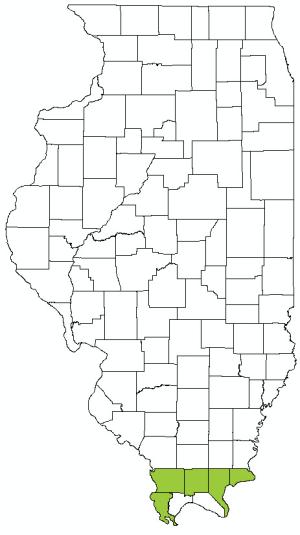
Project Description:
This RCPP project is using land management practices to work on oak ecosystem restoration activities in the project area to stop the loss of oak trees and create large, ecologically significant blocks of healthy oak dominant forests. Land management practices available to forest landowners in the project area are Forest Stand Improvement, Brush management, Prescribed Burning, etc.
Application Deadline:
4/18/2025
NRCS accepts applications for its conservation programs year-round and funding is provided through a competitive process. Apply for RCPP by completing a NRCS-CPA-1200 application.
Project ID:
2509
Project Duration:
5 years (2021-2026)
Applicable Counties:
Alexander, Hardin, Johnson, Pope, and Union.
Practice List:
Cost List:
- Payment Schedules website (FY 2025)
- Select cost list name = Illinois RCPP18 1993 2262 2509 2727 2734 2881
Contract Types:
- Land Management
Land Uses:
- Forest
Resource Concerns:
- Degraded Plant Condition
- Fire Management
- Terrestrial Habitat
Lead Partner:
Shawnee Resource Conservation Development, Inc.
Lake Decatur Water Quality Initiative
Project Description:
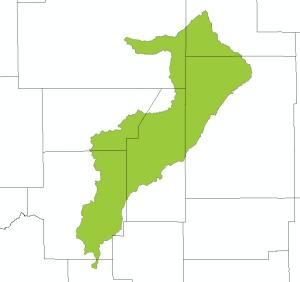
This RCPP project is utilizing land management practices and rental payments to reduce sediment, improve water quality and increase wildlife habitat in Lake Decatur and its watershed. Land management practices available to farmers/landowners in the project watershed are Cover Crop, Field Border, Filter Strip, Nutrient Management, Grassed Waterway, etc.
Application Deadline:
4/18/2025
NRCS accepts applications for its conservation programs year-round and funding is provided through a competitive process. Apply for RCPP by completing a NRCS-CPA-1200 application.
Project ID:
2724
Project Duration:
5 years (2023-2028)
Applicable Counties:
Portions of Champaign, De Witt, Ford, Macon, McLean, Piatt, and Shelby.
Practice List:
Cost List:
- Payment Schedules website (FY 2025)
- Select cost list name = Illinois RCPP18 2724 3127
Contract Types:
- Land Management and Rental
Land Uses:
- Crop
Resource Concerns:
- Field Sediment, Nutrient, and Pathogen loss
- Terrestrial Habitat
- Long Term Protection of Land
Lead Partner:
City of Decatur IL
Improving Oak Ecosystems Health in the Great Lakes Region
Project Description:
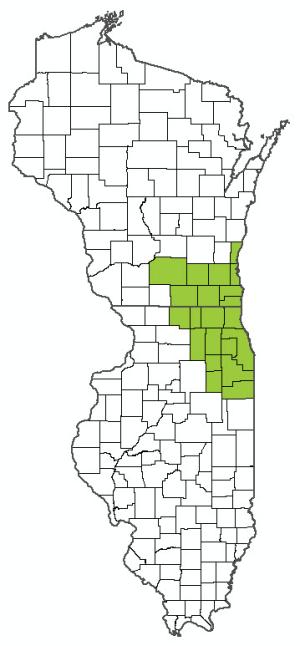
This RCPP project is utilizing land management practices to restore, enhance and protect oak ecosystems. Land management practices available to farmers/landowners in the project area are: Forest Stand Improvement, Structures for Wildlife, Tree/Shrub Establishment etc.
Application Deadline:
4/18/2025
NRCS accepts applications for its conservation programs year-round and funding is provided through a competitive process. Apply for RCPP by completing a NRCS-CPA-1200 application.
Project ID:
2727
Project Duration:
5 years (2023-2028)
Applicable Counties:
Illinois - Boone, Cook, DeKalb, DuPage, Grundy, Kane, Kendall, Kankakee, Lake, McHenry, Will, and Winnebago.
Wisconsin - Dane, Jefferson, Kenosha, Milwaukee, Ozaukee, Racine, Rock, Walworth, and Waukesha.
Practice List:
Cost List:
- Payment Schedules website (FY 2025)
- Select cost list name = Illinois RCPP18 1993 2262 2509 2727 2734 2881
Contract Types:
- Land Management
- Entity Held Easements
Land Uses:
- Crop
- Forest
- Pasture
- Associated Agricultural Land
- Farmstead
- Other Rural Land
Resource Concerns:
- Degraded Plant Condition
- Field Sediment, Nutrient and Pathogen Loss
- Fire Management
- Long Term Protection of Land
- Soil Quality Limitations
- Source Water Depletion
- Storage and Handling of Pollutants
- Terrestrial Habitat
- Weather Resilience
- Wind and Water Erosion
Lead Partner:
American Bird Conservancy (ABC)
Rend Lake Watershed Conservation Initiative
Project Description:
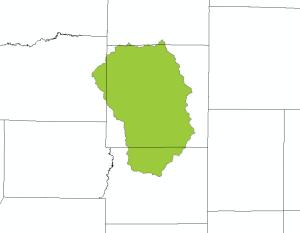
This RCPP project is utilizing land management practices and rental payments to reduce sediment, improve water quality and increase wildlife habitat in Rend Lake and its watershed. Land management practices available to farmers/landowners in the project watershed are Cover Crop, Field Border, Filter Strip, Prescribed Burning, Grassed Waterway, etc.
Application Deadline:
4/18/2025
NRCS accepts applications for its conservation programs year-round and funding is provided through a competitive process. Apply for RCPP by completing a NRCS-CPA-1200.
Project ID:
2729
Project Duration:
5 years (2023-2028)
Applicable Counties:
Portions of Franklin, Jefferson, Marion, and Washington.
Practice List:
Cost List:
- Payment Schedules website (FY 2025)
- Select cost list name = Illinois RCPP18 2729
Contract Types:
- Land Management and Rental
Land Use:
- Crop
- Forest
- Pasture
- Associated Agricultural Land
- Farmstead
- Other Rural Land
Resource Concerns:
- Concentrated Erosion
- Degraded Plant Condition
- Field Sediment, Nutrient and Pathogen Loss
- Terrestrial Habitat
- Wind and Water Erosion
- Long Term Protection of Land
Lead Partner:
Jefferson County SWCD
Ready to get started?
Contact your local service center to start your application.
How to Get Assistance
Do you farm or ranch and want to make improvements to the land that you own or lease?
Natural Resources Conservation Service offers technical and financial assistance to help farmers, ranchers and forest landowners.
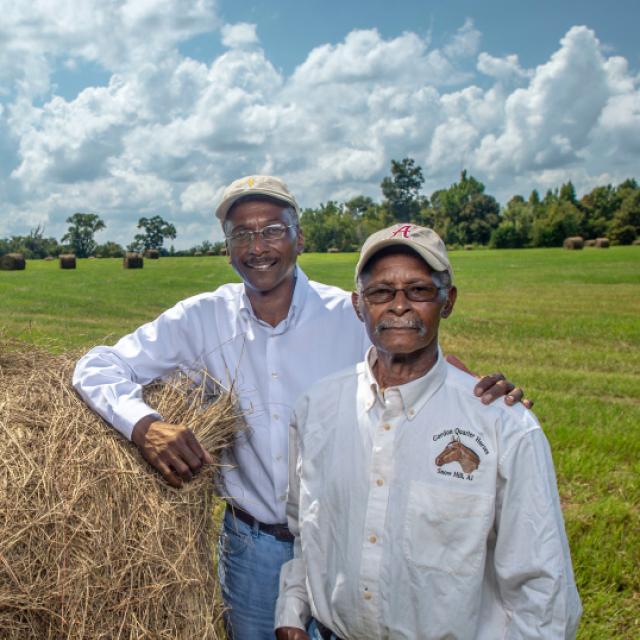
To get started with NRCS, we recommend you stop by your local NRCS field office. We’ll discuss your vision for your land.
NRCS provides landowners with free technical assistance, or advice, for their land. Common technical assistance includes: resource assessment, practice design and resource monitoring. Your conservation planner will help you determine if financial assistance is right for you.
We’ll walk you through the application process. To get started on applying for financial assistance, we’ll work with you:
- To fill out an AD 1026, which ensures a conservation plan is in place before lands with highly erodible soils are farmed. It also ensures that identified wetland areas are protected.
- To meet other eligibility certifications.
Once complete, we’ll work with you on the application, or CPA 1200.
Applications for most programs are accepted on a continuous basis, but they’re considered for funding in different ranking periods. Be sure to ask your local NRCS district conservationist about the deadline for the ranking period to ensure you turn in your application in time.
As part of the application process, we’ll check to see if you are eligible. To do this, you’ll need to bring:
- An official tax ID (Social Security number or an employer ID)
- A property deed or lease agreement to show you have control of the property; and
- A farm number.
If you don’t have a farm number, you can get one from USDA’s Farm Service Agency. Typically, the local FSA office is located in the same building as the local NRCS office. You only need a farm number if you’re interested in financial assistance.
NRCS will take a look at the applications and rank them according to local resource concerns, the amount of conservation benefits the work will provide and the needs of applicants. View Application Ranking Dates by State.
If you’re selected, you can choose whether to sign the contract for the work to be done.
Once you sign the contract, you’ll be provided standards and specifications for completing the practice or practices, and then you will have a specified amount of time to implement. Once the work is implemented and inspected, you’ll be paid the rate of compensation for the work if it meets NRCS standards and specifications.

